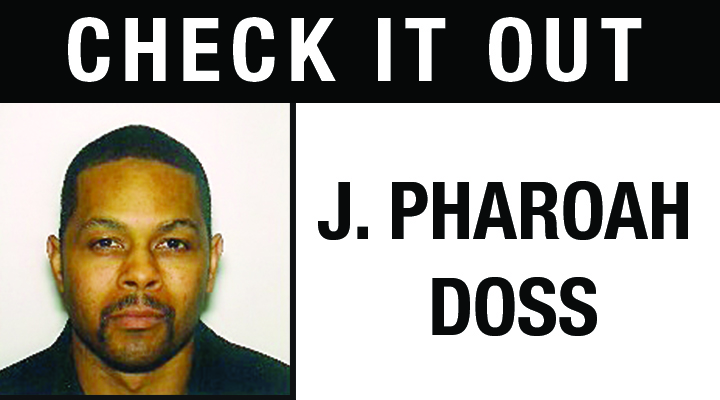by J. Pharoah Doss, For New Pittsburgh Courier
Last week a conservative talk radio host discussed the U.S. withdrawal from Afghanistan on his daily program. The radio host complained he kept hearing people say the United States should never have invaded Afghanistan. He excused individuals under thirty because they learned about 9/11 in high school, but he felt there was no excuse for individuals over forty to utter such nonsense. The radio host insisted destroying al-Qaeda, toppling the Taliban, and nation building were honorable goals even though they didn’t come to fruition.
Apparently, the radio host has a selective memory. After 9/11 all Americans understood the need for a retaliatory response, but there was opposition to the invasion of Afghanistan because of the Bush Doctrine.
The radio host began his version of events after 9/11/2001, but the whole story actually began on 2/26/1993, when Islamic terrorists detonated a truck bomb below the North Tower of the World Trade Center. That explosion killed six people and injured over a thousand. The bomb was supposed to make Tower 1 (North Tower) fall and crash into Tower 2 (South Tower) collapsing both towers in one blast.

The Clinton Administration treated the bombing as an issue for law-enforcement. Clinton warned Americans not to overreact and be patient while U.S. law-enforcement agencies brought the culprits to justice. The problem with Clinton’s law-enforcement approach was that it cut out the government’s most important intelligence agencies. Lacking advanced intelligence on the “perpetrators of the crime” meant the Clinton Administration failed to see the big picture – there was a network of non-state actors that declared war on the United States.
This network of non-state actors continued their war.
In 1996 a bomb exploded outside Khobar Towers barracks in Dhahran, Saudi Arabia, killing 19 American soldiers. In1998, the U.S. embassies in Kenya and Tanzania were bombed, killing over 200 people. In 2000 the USS Cole, a guided missile destroyer, was attacked by suicide bombers killing 17 sailors. Byron York, former White House correspondent for the National Review, wrote, “The key to understanding Bill Clinton’s handling of the terrorist threat that grew throughout his two terms in the White House: It just wasn’t his thing.”
Then the hijacked suicide planes crashed into the Twin Towers on 9/11/2001, and the newly elected Bush Administration had to respond more effectively than the Clinton administration.
The Bush Administration could have strengthened Clinton’s law-enforcement approach by incorporating the intelligence community and prioritizing the capture (or killing) of the members of al-Qaeda. No matter how weak the law-enforcement approach appeared, it was the proper course of action because the terrorists were non-state actors. There was no precedent for a sovereign nation to declare war on criminals scattered around the world, but if Bush approached 9/11 like his predecessor approached the first World Trade Center bombing, Bush would have been a single-term president.
Therefore, the Bush Administration declared a “war on terror”, but in order to conduct this war, the Bush Administration established a doctrine that stated the United States will make no distinction between terrorists and the nations that harbor them, and the United States will confront terror threats before they fully materialize.
The radio host forgot there was serious opposition to this logic.
The opposition believed the first premise established a dangerous precedent that would be misused by future presidents. It would allow the United States to falsely accuse any nation of harboring terrorists and launch a full-scale invasion for reasons unknown to the public. The second premise was known by another name – pre-emptive strike. A pre-emptive strike is a military action taken by one country in response to a threat from another with the purpose of stopping that country from carrying out the threat. Many opposed this premise because they understood Afghanistan didn’t declare war on the United States, it was the non-state actors in Afghanistan that drew first blood.
The military theorist Carl von Clausewitz said, “War is the realm of uncertainty; three quarters of the factors on which action in war is based are wrapped in a fog of greater or lesser uncertainty.”
But the pre-emptive Bush Doctrine provided a false sense of certainty that made the Bush Administration believe they could see through the fog of war.
And those that opposed the invasion of Afghanistan thought the Bush Administration’s blind faith in their pre-emptive doctrine was misguided.